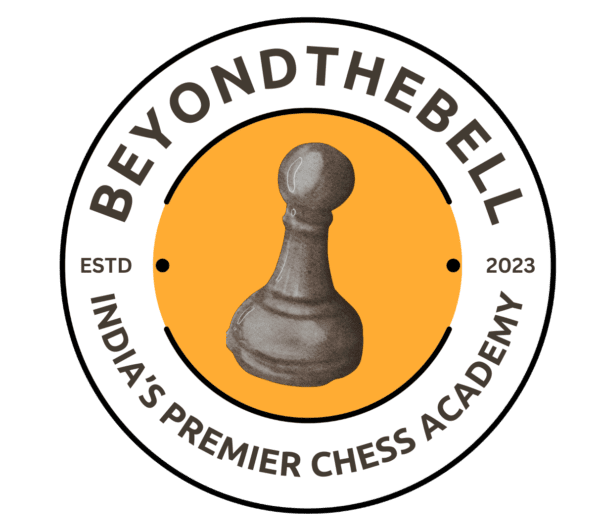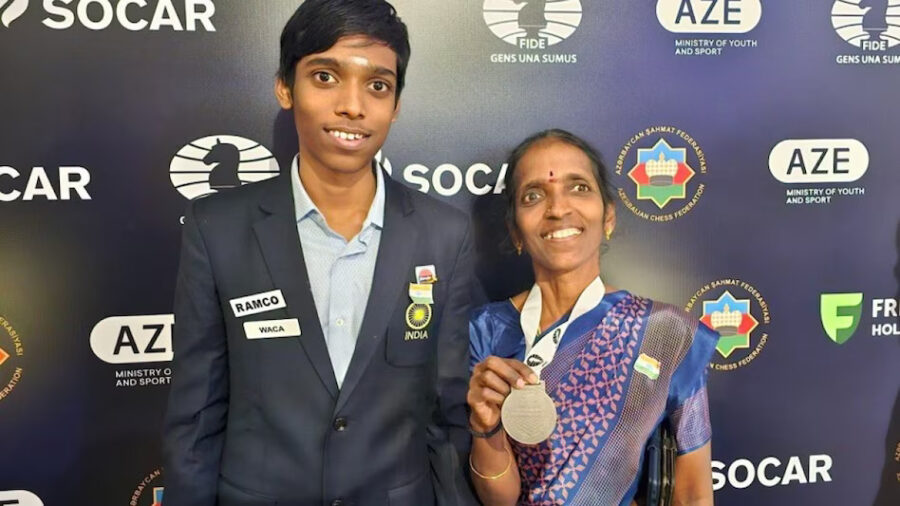3 Tips to Be a Better Chess Parent
- R Praggnanandhaa, a chess prodigy from Chennai, India, became the youngest International Master at ten years and 10 months in 2016 and the second-youngest Grandmaster at 12 years and 10 months in 2018.
- He won the U18 World Youth Championship in 2019 and made headlines by defeating World Champion Magnus Carlsen in the 2022 Airthings Masters Rapid Chess tournament.
She sets an example for all chess parents looking to facilitate their child’s chess journey. Still, not everyone can make time when there are family responsibilities, meetings to attend, and bosses to answer.
Here are three tips you can quickly implement to make your child a stronger Chess player:
Playing with Longer Time Control
Playing more extended time controls in chess offers several benefits that are crucial for the development and refinement of a player’s skills:
-
Deep Thinking and Analysis: Longer time controls allow players to think more deeply and thoroughly about each move. This helps us understand complex positions, calculate multiple variations, and make more informed decisions.
-
Strategic Planning: With more time, players can focus on long-term strategic planning rather than short-term tactics. This aids in developing a better understanding of positional play and strategic concepts like pawn structure, piece activity, and long-term imbalances.
-
Reducing Blunders: Extended thinking time reduces the likelihood of making impulsive or careless mistakes. Players can take the necessary time to double-check their calculations and ensure the accuracy of their moves.
-
Learning and Improvement: Analysing games with longer-time controls can be more instructive. Players can review their thought processes and decisions in greater detail, which is beneficial for learning from mistakes and improving overall.
-
Encourage playing 10+0 or 10+5 formats on Chess.com or Lichess for practice.
Teach them how to Analyse Matches.
Players can recognise recurring patterns in their play on analysis, both positive and negative. This helps reinforce good habits and correct detrimental ones. It also allows players to track their progress over time. By comparing past and present games, players can see improvements and areas that still need work.
Clicking game review on Chess.com is not analysis.
Teach them to make a note of positions where:
• You doubted playing X or Y variation
• You thought the evaluation switched
• You were not able to evaluate the position fully
Now, analyse without a computer, playing through the variations yourself.
Develop a Growth Mindset by Appreciating Effort
Dr Carol Dweck coined the term ‘growth mindset’ thirty years ago. It states that dedication and hard work can develop the most basic abilities. Parents foster a growth mindset in their children by focusing on effort rather than just outcomes, emphasising persistence and hard work.
Chess is frustrating. Make sure to incentivise their effort, regardless of the results. This will make them want to practice more and the results will follow.

